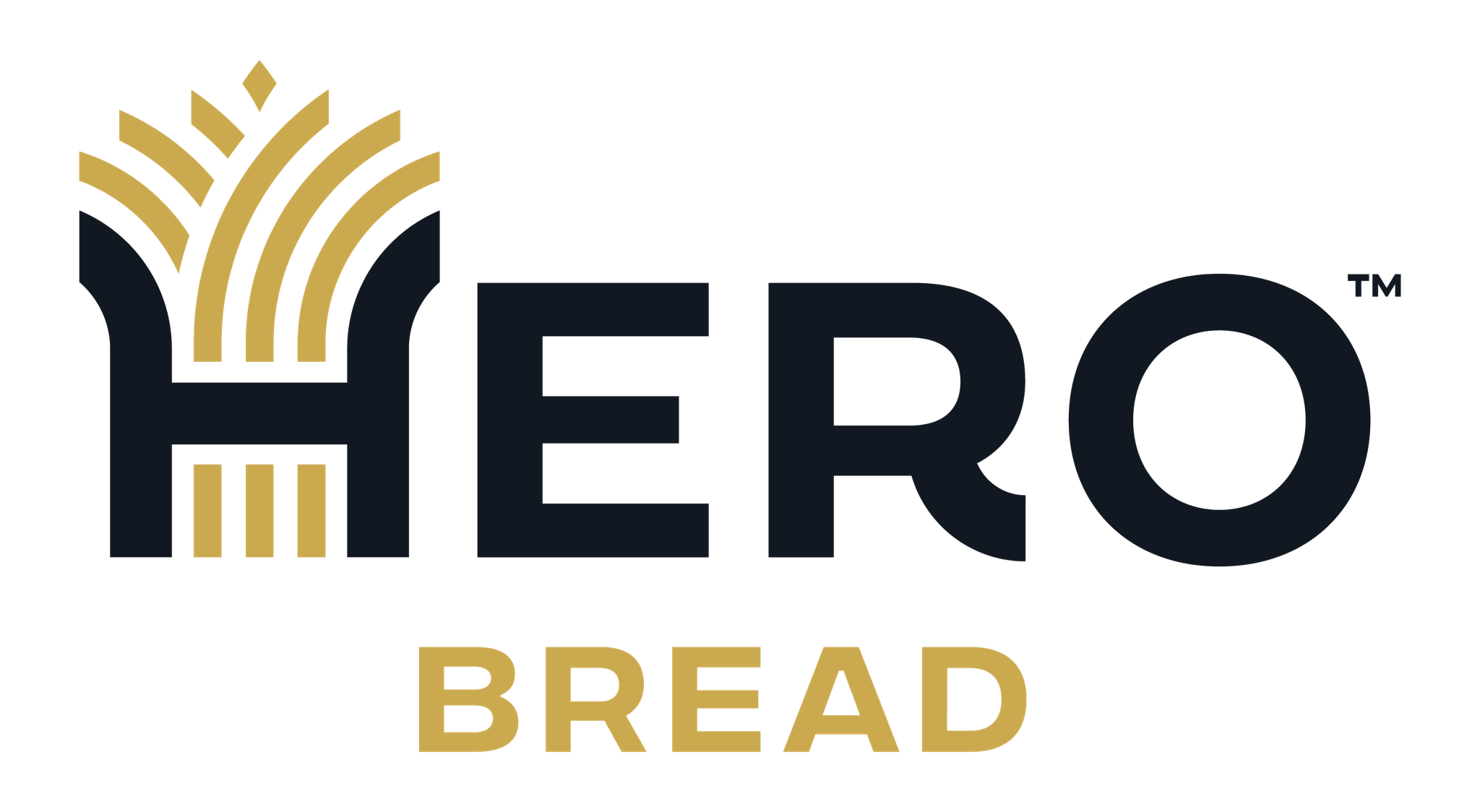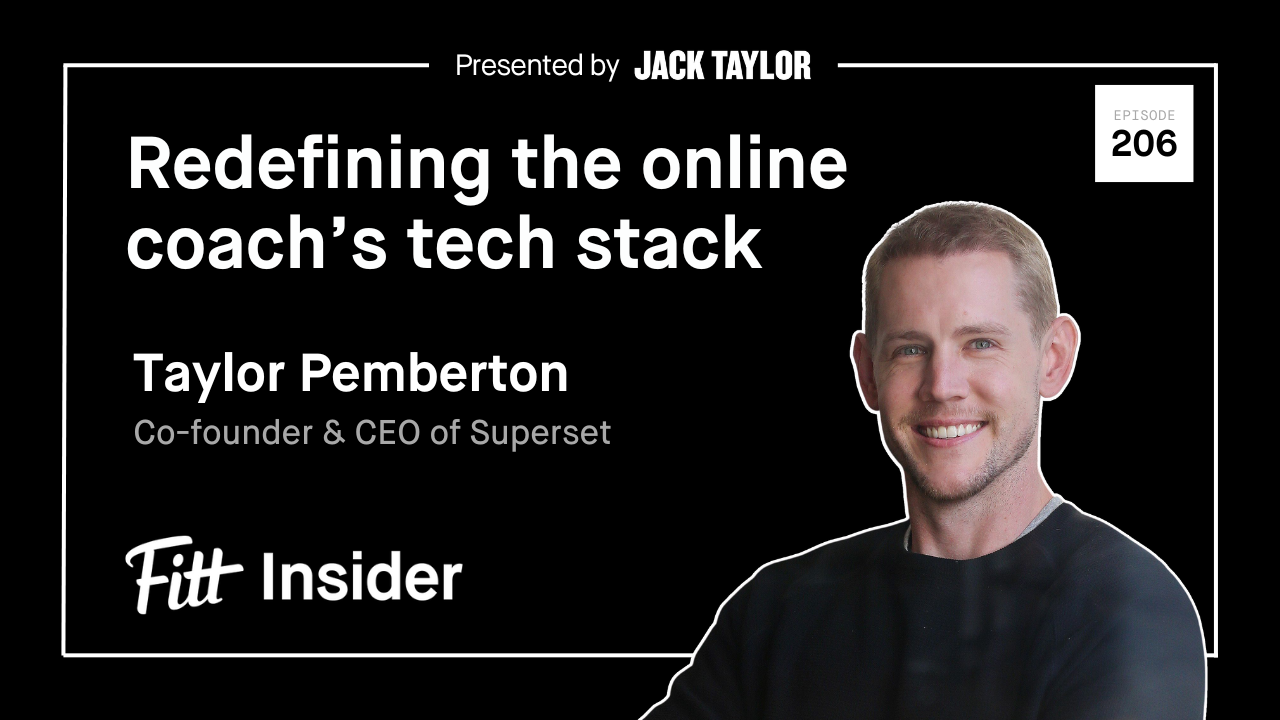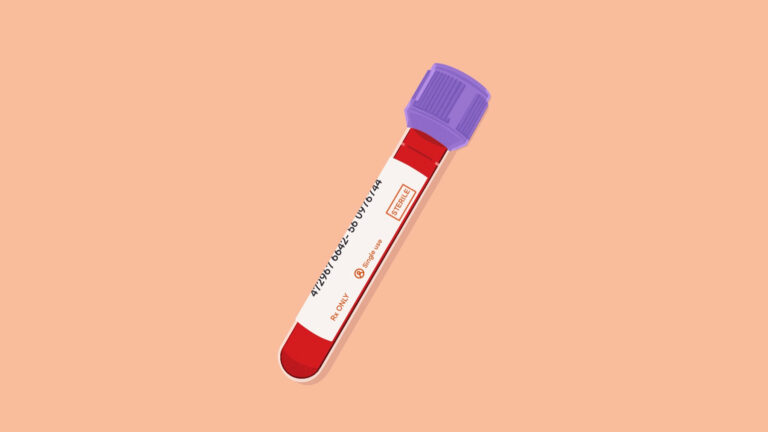
Baking up bread with benefits — like fiber, protein, and zero net carbs.
Beyond the headline, today, we’re breaking down the new lululemon x Peloton deal.
Topline
Last week, the two brands announced a five-year “strategic partnership.”
TL;DR: lululemon will stop selling MIRROR fitness screens, eliminate its app-only membership tier, and outsource workout content to Peloton.
For its part, Peloton becomes lululemon’s exclusive digital fitness provider, distributing classes within the apparel maker’s ecosystem.
Finding common ground, lululemon will be Peloton’s primary activewear partner, with select instructors earning lulu ambassador status.
Behind the Scenes
No surprise, word of two beloved brands teaming up garnered a lot of attention.
And on the surface, bringing together best-in-class apparel and content to engage a community of 20M fitness enthusiasts is a win-win.
But, the PR’ed version leaves out a few relevant details.
$LULU: For starters, this deal marks the end of lululemon’s costly digital fitness experiment.
- 2020: lululemon acquires MIRROR for $500M.
- 2021: MIRROR’s revenue target is cut from $250–275M to $125M—130M.
- 2022: lulu debuts three-tier membership, including app-only workout content.
- 2023: The company writes down $440M in MIRROR costs and explores selling the hardware maker.
A tumultuous period, this chapter closes with the company disbanding its in-house production arm Studio, laying off 200+ staffers.
$PTON: Facing challenges of its own, Peloton is still trying to shore up its business following a post-pandemic backslide where its market cap sank from $50B to ~$2B.
Now, linking with lululemon, the company is touting its place as the “clear leader” in connected fitness, but the numbers might not add up.
In what amounts to a licensing deal, Peloton’s content will be put in front of 13M lululemon members who have signed up for the apparel brand’s free app (which is essentially a loyalty program).
And Peloton workouts will replace other third parties (like Xponential Fitness) in supplying content to existing MIRROR users who pay $39/mo. Estimates put this number at <250K customers.
Plus, an unspecified number of $12.99/mo. lululemon Studio app subscribers will be prompted to sign up for Peloton’s One app.
But… None of these users are guaranteed to become Peloton subscribers. So, across loyalty members, app subs, or MIRROR users, Peloton still has to convert lululemon’s community to paying customers.
TBD. The terms of the content partnership were not disclosed. And the apparel collab sees the brands make nice after suing one another over activewear.
So, with each company opting to refocus on its core business, the extent to which they cross-promote the other will dictate the deal’s true value.
For instance, will lulu stores sell Peloton bikes? Will Peloton rides become shoppable experiences? What types of IRL events should we expect? And, given that they intentionally publicized a “five-year” engagement, how ingrained will the brands become?
Zooming out: This news could have a cascading effect across the industry.
- After renewing its relationship in June, Xponential Fitness is out as lululemon’s digital content provider (but maintains its retail partnership).
- While it was likely on the table, Peloton didn’t acquire MIRROR’s hardware – a vote in favor of its Guide camera and against the need for fitness screens.
- A non-exclusive deal, Peloton can still work with other brands, collabing on apparel or licensing content to other platforms/equipment makers.
Meanwhile, with its app arsenal attracting 500M users, Nike is opening boutique fitness studios and pushing into wellness, representing a challenger for lulu and Peloton on both fronts.
Punchline: After each placing bets in the other’s domain, Peloton and lululemon are cutting their respective losses. For the former, it hopes its new frenemy can help fuel growth. Meanwhile, the latter is gaining by subtraction.
🎙 On the Podcast

Taylor Pemberton, co-founder & CEO of Superset, talks redefining the tech stack for online health and fitness coaches.
Empowering trainers with next-gen tools, Superset’s turnkey platform automates end-to-end operations — simplifying client payments, contracts, onboarding, programming, and more.
We also cover: leveraging experience as a Big Tech designer, Superset’s growth strategy, and finding a path to product-market fit.
Listen to today’s episode here.
📈 The obesity epidemic reaches new heights
New CDC data shows the prevalence of obesity shot up across all states in 2022.
- All states and territories now have obesity levels over 20%.
- 22 states recorded ≥35% of their populations as obese, up from 0 states a decade ago.
- Prevalence in Louisiana, Oklahoma, and West Virginia exceeds 40% of their populations.
With excess weight raising mortality risk, and obesity-related cardiac events tripling over two decades, that’s a heavy burden.
Weight a minute. While GLP-1 drugs promise to stem the crisis, the fine print is often overlooked — questions over accessibility, potential side effects, and who pays for the treatments remain unanswered.
Complicating matters, some people who stop the shots regain weight, at times more than they started with. So, barring meaningful behavior change or lifelong injections, obesity could rebound.
Lifestyle medicine. While a variety of factors are at play—including diet, exercise, sleep, and genetics—Dr. Karen Hacker, director of the National Center for Chronic Disease Prevention and Health Promotion, says the solution is no secret.
“We know the key strategies that work include addressing the underlying social determinants of health such as access to healthcare, healthy and affordable food, and safe places for physical activity.”
Looking ahead: Despite clinical success in shedding pounds, quick fixes can’t counteract the physiological deficits of inactivity, poor nutrition, and sleep deprivation — meaning for many, weight loss and good health won’t be the same thing.
Presented by Hero Bread
🍞 Bread with Benefits
Bread gets a bad rap. But, a new slice savior is restoring its good name.
Say hello to Hero Bread, makers of fluffy, flavorful baked goods — including bread, buns, and tortillas.
Whether you’re dialing in your nutrition or simply making smarter food choices without sacrificing taste, your hero has arrived.
Two slices of this stuff pack in 22g of fiber and 10g of protein, all with 0g net carbs and 0g sugar. Baking in added benefits, it also supports gut health and balanced blood sugar.
Order up! Use code FITT10 for 10% off your first purchase of Hero Bread.
🥣 Consumers are outgrowing sugary cereals
Breakfast cereal is losing its luster as health-conscious eaters wake up to its nutritional reality. Sales dropped 12% in the past two years, prompting Kellogg to split off its cereal business and pivot toward snacks.
Newcomers. Tapping nostalgia and better-for-you ingredients, newer brands are gaining as the broader category fizzles.
- Launched in 2019, keto-friendly Catalina Crunch has seen consistent double-digit growth and moved into 22K+ grocery stores nationwide.
- Superfood granola brand Purely Elizabeth added $50M last year, and Seven Sundays scored $6M this summer for upcycled protein cereal.
- Riding an $85M Series B, DTC darling Magic Spoon entered 6.5K+ retail stores in February and is now launching snacks — starting with protein-rich rice krispies.
Elsewhere, grab-and-go option Oats Overnight raised $20M for its protein-packed recipe, following fellow overnight oat maker MUSH’s $23M round in 2022.
Milking it. As nutritious replacements gain steam, companies are using creative marketing tactics to differentiate from their ultra-processed predecessors.
Targeting Gen Z, functional cereal startup OffLimits boasts a Y2K aesthetic, NFT collection, and partnership with influencer Emma Chamberlain. Another approach, UK-based competitor Surreal achieved virality with an ironic, Oatly-esque brand voice.
Meanwhile, Kreatures of Habit sells its superfood instant oatmeal as part of a high-performance lifestyle, promising to help consumers train harder, recover faster, and feel better.
Takeaway. Cereal’s decline speaks less to lack of enthusiasm for the meal itself and more to the nutrient-devoid nature of current options on the market. But, a burgeoning crop of healthyish alternatives could salvage sales and usher in a new batch of legacy brands.
📰 News & Notes
- Sales of energy, hydration, creatine supplements surge.
- Wahoo shuts down RGT cycling app, pushes users to rival Zwift.
- Bowflex parent Nautilus receives non-compliance notice from NYSE.
- Fitt Jobs: Daily career postings from top health & fitness companies.
- Peloton, New York Road Runners partner on experiential race content.
- Startup Q&A: Vital’s Maitham Dib on APIs for preventative health data.
- Celeb-favorite studio DOGPOUND extends residency at W South Beach.
- Communal bathing concept SAUNA HOUSE expands corporate, franchise locations.*
💰 Money Moves
- Luxury gym Third Space sealed an £88.5M deal with Searchlight Capital and OakNorth Bank to expand in the UK and overseas.
- Wonder, a meal delivery business led by entrepreneur Marc Lore, acquired meal kit company Blue Apron for $103M.
- Women’s health startup Evvy closed a $14M Series A round for its at-home vaginal microbiome test.
- Keto-friendly whipped cream maker Whipnotic scored $2.5M in a seed round.
- Midi Health, a virtual menopausal care clinic, raised $25M in a Series A round led by GV (Google Ventures).
- League One Volleyball (LOVB), a women’s pro league, raised $35M in a Series B round that included athletes Kevin Durant, Lindsey Vonn, Candace Parker, and more.
- Nonalcoholic beverage retailer Boisson added $5M from Convivialité Ventures and Connect Ventures.
- Maternal care company Partum Health raised $3.1M in a seed round led by True Wealth Ventures.
More from Fitt Insider: Maternal Health Crisis - Neurotrainer, a VR cognitive training system for athletes, closed a $1.5M seed round led by 9.58 Ventures.
- FemHealth Ventures, a firm investing in women’s health startups, closed $32M for its debut fund.
- Savoy Life, an aged care technology platform operated by Red Cell Partners, landed $3M in pre-seed funding.
- Refrigerated granola bar maker Mooski landed an undisclosed investment from RXBAR co-founder Jared Smith.
Today’s newsletter was brought to you by Anthony Vennare, Joe Vennare, Ryan Deer, and Jasmina Breen.
*Sponsored content






